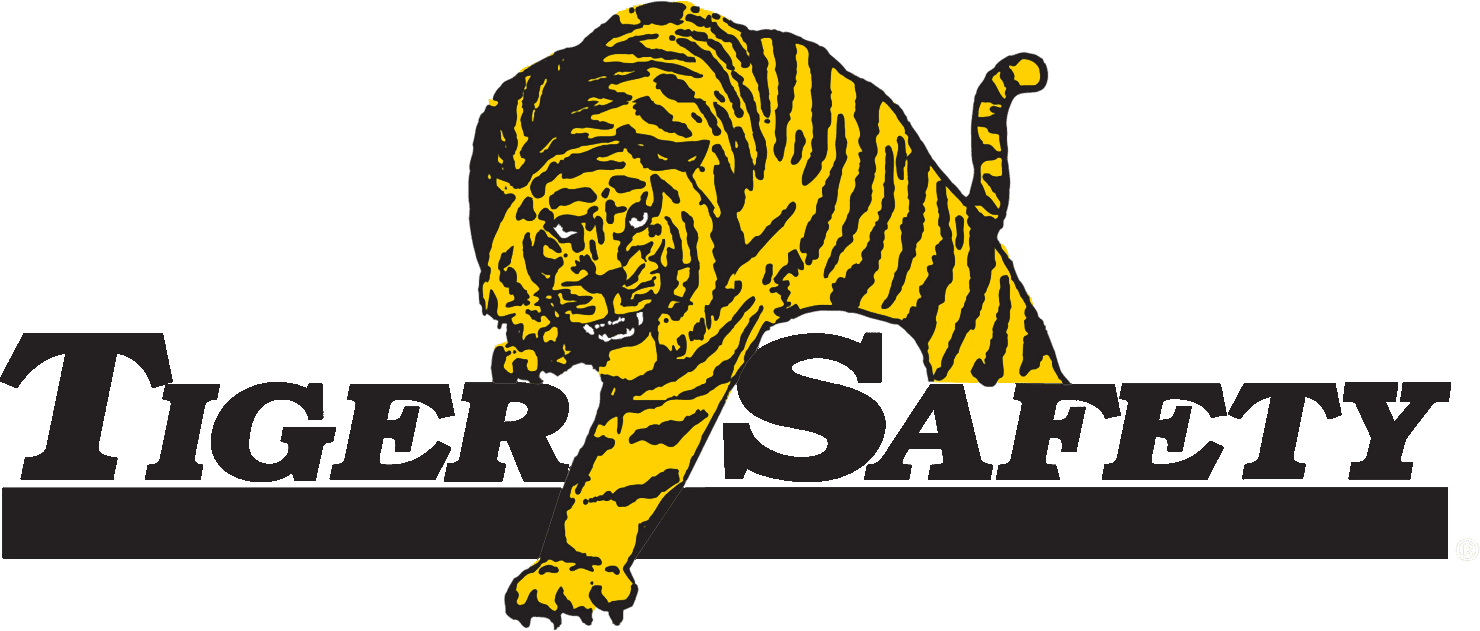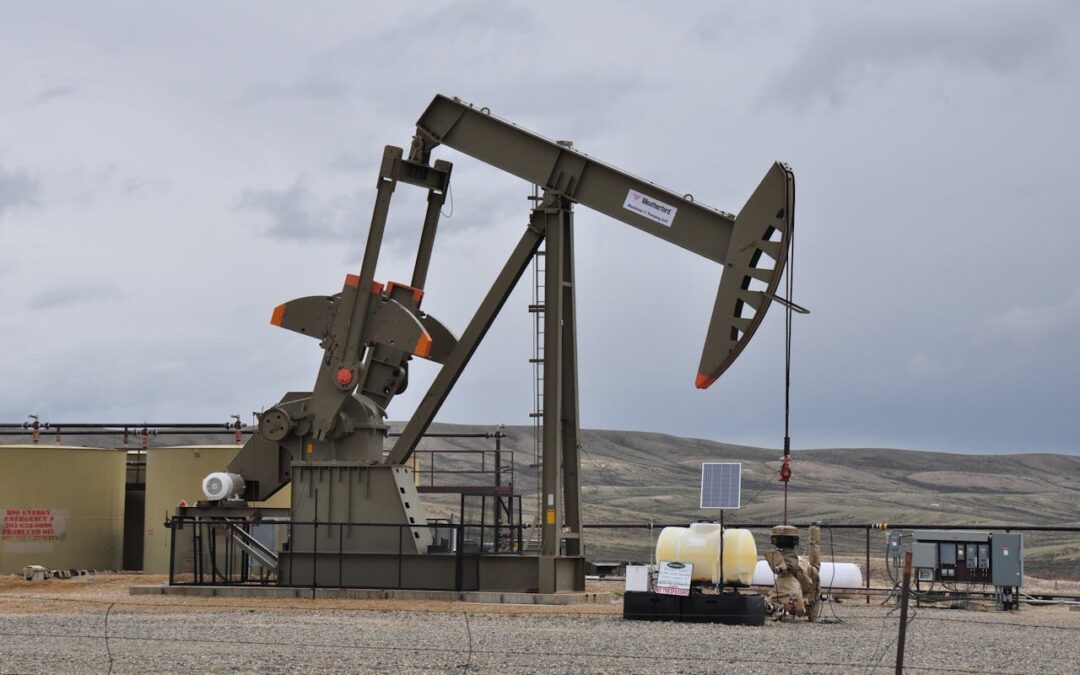Working in the oil fields can be dangerous. From machinery-related injuries to gas leaks, there are many risks that workers face daily. Understanding these risks and preventing accidents is essential for creating safe work environments.
Focusing on these common accidents and implementing preventive measures can make oil fields safer for everyone. It’s crucial to prioritize safety and ensure all workers are well-trained and equipped to handle potential hazards.
Overview of Common Oil Field Accidents
Oil field work is risky. Many common accidents can happen, causing severe injury or even death. Knowing what these accidents are helps us prevent them.
Common Types of Accidents:
– Slips, Trips, and Falls: They can happen anywhere but are often due to wet surfaces, clutter, or uneven ground.
– Machinery-Related Injuries: Dangerous machinery can cause cuts, crush injuries, and amputations.
– Fire Hazards: Fires can start from machinery sparks or flammable materials.
– Gas Leaks: Gas leaks can lead to explosions and health issues.
– Electrical Hazards: Faulty wiring or equipment can cause shocks and burns.
– Heavy Lifting Injuries: Improper lifting techniques can result in back injuries.
The proper measures can prevent each of these accidents. Training, adequate equipment, and safety protocols are the keys.
Slips, Trips, and Falls: Causes and Prevention
Slips, trips, and falls are common in oil fields. These accidents can be minor or very serious. Knowing the causes and how to prevent them is essential.
Causes:
– Wet or Oily Surfaces: Spills and leaks make surfaces slippery.
– Clutter: Tools and equipment left lying around create trip hazards.
– Poor Lighting: Bad lighting makes it hard to see obstacles.
– Uneven Surfaces: Rough or uneven ground can cause falls.
Prevention:
– Clean Up Spills: Promptly clean any spills and leaks. Use signs to warn others of wet areas.
– Keep Work Areas Tidy: Put away tools and equipment when not in use.
– Improve Lighting: Make sure work areas are well-lit.
– Repair Surfaces: Fix uneven or damaged ground.
Following these steps helps reduce slips, trips, and falls, keeping everyone safer on the job.
Machinery-Related Injuries and Safety Measures
Machinery is essential in oil fields but can be dangerous. Although injuries from machinery can be severe, they are preventable.
Common Causes of Machinery-Related Injuries:
– Lack of Training: Untrained workers might misuse equipment.
– Poor Maintenance: Broken or malfunctioning machinery can cause accidents.
– Missing Safety Guards: Safety guards prevent contact with moving parts.
– Improper Use: Using machinery in ways not intended for leads to risks.
Safety Measures:
– Proper Training: Ensure all workers are trained to use machinery safely.
– Regular Maintenance: Keep equipment in good working order with regular checks.
– Use Safety Guards: Never remove safety guards from machinery.
– Follow Instructions: Always use machinery according to manufacturer guidelines.
Following these safety measures can minimize the risk of machinery-related injuries.
Fire Hazards and Safe Practices
Fire hazards are a severe concern in the oil field. Fires can start quickly and spread fast, putting everyone at risk. Safe practices are vital to prevent fires.
Common Fire Hazards:
– Flammable Materials: Fuels, oils, and gases are highly flammable.
– Sparks from Machinery: Sparks can ignite flammable substances.
– Faulty Electrical Equipment: This can cause overheating and sparks.
– Improper Storage: Storing flammable materials incorrectly increases risk.
Safe Practices:
– Proper Storage: Store flammable materials in designated, well-ventilated areas.
– Use Flame Arrestors: Use equipment to prevent flames from spreading.
– Regular Inspections: Check electrical equipment and wiring regularly.
– Fire Extinguishers: Place fire extinguishers in key locations and train workers to use them.
These safe practices can reduce the fire risk and protect everyone in the oil field.
Handling Explosive Materials Safely
Explosive materials are present in every oil field. If not handled correctly, these substances can cause significant accidents. Knowing safe handling practices is vital to preventing explosions.
Common Explosive Materials:
– Fuels and Oils: Commonly used for machinery and vehicles.
– Gases: Used in various processes and can be highly explosive.
– Chemicals: Certain chemicals used in drilling processes are explosive.
Safe Handling Practices:
– Proper Storage: Store explosive materials in designated, clearly marked areas.
– Use Approved Containers: Use containers to hold and transport explosive substances safely.
– Limit Quantities: Keep the minimum amount necessary for operations on site.
– Monitor Temperatures: Keep explosive materials controlled to avoid heat buildup.
Following these handling practices can significantly reduce the risk of explosive accidents in the oil field.
Preventing Gas Leaks and Releases
Gas leaks pose a serious threat to safety. These leaks can cause explosions and health problems. Preventing leaks is essential for a safe worksite.
Common Causes of Gas Leaks:
– Faulty Equipment: Old or poorly maintained equipment can develop leaks.
– Damaged Pipelines: Cracks or breaks in pipelines can release gas.
– Improper Handling: Incorrect handling of gas containers leads to leaks.
Prevention Measures:
– Regular Inspections: Frequently check all equipment and pipelines for signs of wear and tear.
– Use Gas Detectors: Equip the site with gas detectors that alert workers to leaks immediately.
– Proper Training: Ensure workers correctly handle gas containers and equipment.
– Immediate Repairs: Fix any issues as soon as they are detected to prevent leaks.
These measures help detect and prevent gas leaks, ensuring a safer working environment.
Electrical Hazards: Identification and Prevention
Electricity is a powerful force that can cause serious injuries. Electrical hazards in oil fields are common but can be prevented with proper measures.
Types of Electrical Hazards:
– Faulty Wiring: Poor or outdated wiring can lead to shocks and fires.
– Wet Conditions: Water conducts electricity, increasing the risk of shocks.
– Damaged Equipment: Equipment with exposed wires or damaged insulation is dangerous.
Prevention Tips:
– Regular Checks: Inspect all electrical systems for faults and wear.
– Dry Conditions: Ensure dry work areas to reduce the risk of electrical shocks.
– Proper Equipment: Use devices with proper insulation and safety features.
– Training: Educate workers on electrical safety practices and emergency procedures.
We can prevent electrical injuries by being vigilant about these hazards and following safety tips.
Risks from Heavy Lifting and Proper Techniques
Heavy lifting is a part of oil field work. Improper techniques can cause serious injuries, especially to the back. Learning the right way to lift heavy objects helps prevent these injuries.
Common Injuries from Heavy Lifting:
– Back Strains: Lifting with the back instead of the legs leads to strains.
– Hernias: Improper lifting can cause hernias, which are severe and painful.
– Muscle Tears: Heavy lifting without proper form can tear muscles.
Proper Techniques for Lifting:
– Use Your Legs: Bend your knees and lift with your legs, not your back.
– Keep the Load Close: Hold the load close to your body to reduce strain.
– Don’t Twist: Avoid twisting your body while lifting.
– Ask for Help: If an object is too heavy, get help from a co-worker or use lifting equipment.
Following these proper lifting techniques helps keep everyone safe and healthy.
Safe Driving Practices on Oil Fields
Driving on an oil field comes with its risks. The terrain is often rough, and the equipment is heavy. Safe driving practices help prevent accidents.
Common Driving Hazards:
– Rough Terrain: Unpaved roads and uneven ground increase the risk of vehicle rollovers.
– High Traffic: Oil fields can be busy with many vehicles moving around.
– Heavy Equipment: Large machinery and trucks create additional risks.
Safe Driving Tips:
– Drive Slowly: Follow speed limits and drive slowly over rough terrain.
– Stay Focused: Keep your attention on the road and avoid distractions.
– Wear Seatbelts: Always wear seatbelts and ensure passengers do the same.
– Vehicle Maintenance: Perform regular checks and maintenance on vehicles to ensure they are in good condition.
Following these driving tips can reduce vehicle-related accidents in the oil field.
Chemical Exposure: Risks and Preventive Steps
Chemicals are widely used in oil fields. Exposure to these chemicals can be harmful. Knowing the risks and taking preventive steps is essential.
Risks of Chemical Exposure:
– Skin Irritation: Some chemicals can cause skin burns or rashes.
– Respiratory Issues: Breathing in chemical vapors can damage the lungs.
– Long-Term Health Effects: Prolonged exposure can lead to serious health problems, such as cancer.
Preventive Steps:
– Use PPE: Wear personal protective equipment when handling chemicals, like gloves and masks.
– Proper Ventilation: Ensure work areas are well-ventilated to avoid buildup of harmful vapors.
– Safe Storage: Store chemicals in labeled containers and areas designed for hazardous substances.
– Training: Ensure everyone knows how to handle chemicals safely and what to do in an emergency.
Taking these steps helps protect workers from the harmful effects of chemical exposure.
Fatigue and Stress: Managing Worker Health
Fatigue and stress are common in the demanding environment of an oil field. Both can lead to accidents and health issues. Managing these is key to maintaining a safe workplace.
Effects of Fatigue and Stress:
– Reduced Focus: Tired or stressed workers may have trouble concentrating.
– Slow Reaction Time: Fatigue can slow a worker’s reaction time in critical situations.
– Health Problems: Long-term stress and fatigue can lead to serious health issues like heart disease.
Managing Fatigue and Stress:
– Regular Breaks: Ensure workers take regular breaks to rest.
– Shift Scheduling: Avoid scheduling long or consecutive shifts to prevent burnout.
– Healthy Environment: Promote a work environment that supports mental and physical health.
– Mental Health Support: Provide workers who need mental health resources access to mental health resources.
Addressing fatigue and stress reduces the risk of accidents and helps keep workers healthy and productive.
The Importance of Regular Safety Audits and Inspections
Regular safety audits and inspections are a cornerstone of maintaining safety in an oil field. They help identify hazards before they become problems.
Why Safety Audits Are Important:
– Identify Hazards: Audits help spot potential dangers that might be overlooked during daily operations.
– Ensure Compliance: Regular inspections ensure safety regulations and standards are followed.
– Prevent Accidents: By identifying and addressing hazards, we can prevent accidents before they happen.
Steps for Effective Audits:
– Schedule Regular Audits: Set a regular schedule for safety audits and stick to it.
– Create a Checklist: Use a checklist to ensure all areas of the site are inspected.
– Involve Workers: Involving workers in audits can provide valuable insights and promote a safety culture.
– Take Action: Follow up on audit findings by promptly addressing any issues.
By prioritizing regular safety audits and inspections, we can create a safer work environment for everyone.
Conclusion
Working in an oil field comes with many risks. From machinery-related injuries to chemical exposure, it is crucial to understand these dangers and take steps to prevent them. Simple measures like proper training, equipment use, and regular safety checks can make a big difference.
Safety should always be our top priority. By being proactive and following best practices, we can ensure a safer work environment. This not only protects workers but also makes the entire operation more efficient.
Remember, a safe oil field is a productive oil field. For specialized oil safety equipment and services tailored to the needs of onshore and offshore oil and gas companies, contact Tiger Safety Rentals today. Your safety is our mission.

